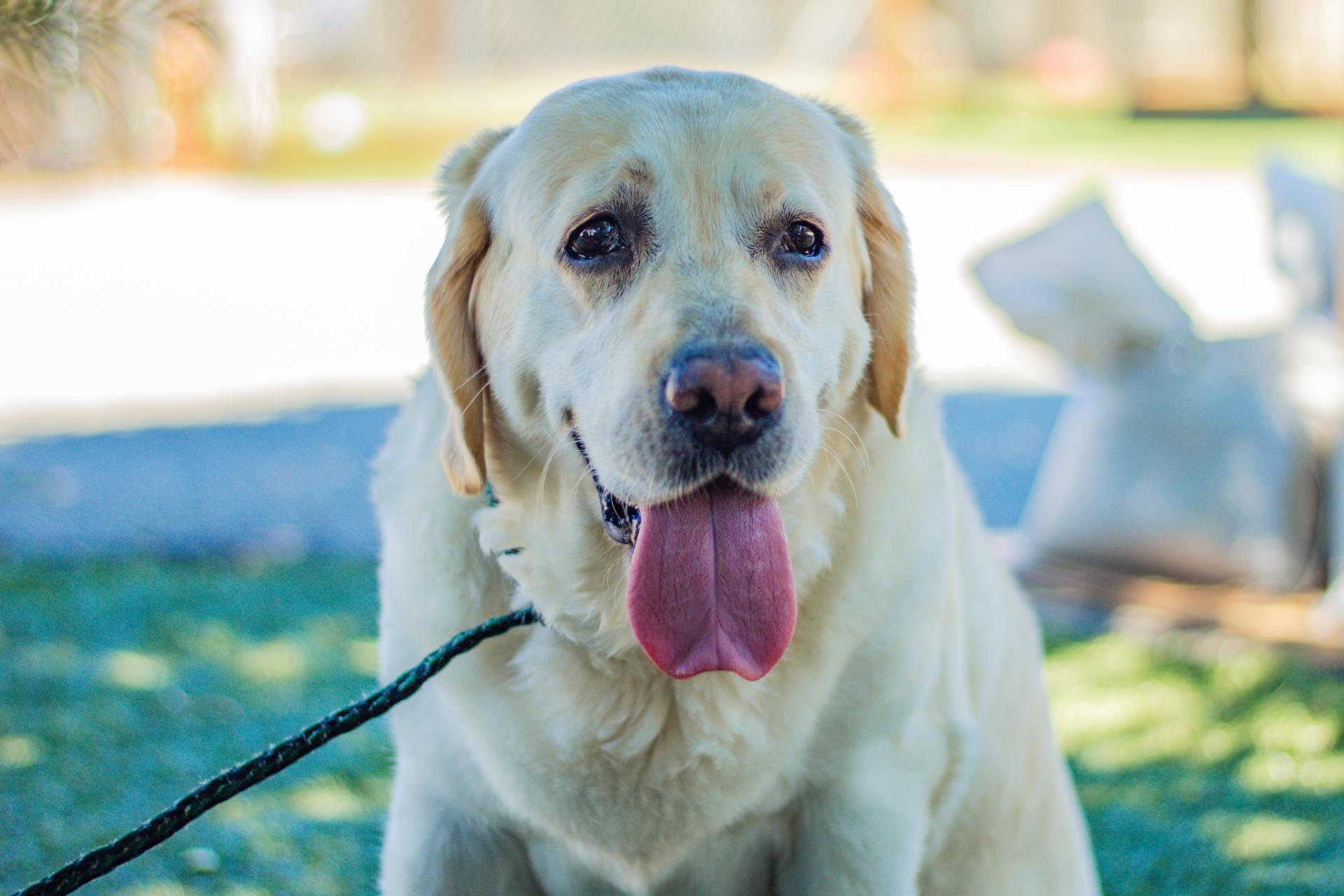Caring For A Quaker Parrot
Basics
Also sometimes called Monk parrots, Quaker parakeets, or Monk parakeets, Quaker parrots are native to South America, particularly in and near Argentina. They are blue or green in color, and are quite striking. These guys are quite small, at least in comparison to some other parrots, usually getting to be about a foot long.
Longevity
Polly can live about 30 years with good care. That is definitely something to consider before adopting her. Be sure that you’re prepared for a lifelong commitment!
Chatty Pet
The Quaker parrot’s most striking characteristic is without a doubt their ability to talk. These are very vocal birds! Quaker parrots are renowned for their exceptional ability to mimic human voices, and can learn as many as 50 or 60 words or phrases. Just keep in mind that not every Quaker will speak. It varies from bird to bird. As with people, some of our winged pals are just more vocal than others.
Activity
Quaker parrots are very active. Polly will want to chew on or play with pretty much everything, so you’ll need to do some careful birdproofing. You’ll also need to provide plenty of perches and toys, including lots of chew toys. Ask your vet for specific advice on this.
Food
Your feathered buddy can eat a high-quality commercial pellet, supplemented with fresh veggies and small amounts of fruit and nuts. Like our other patients, Polly has a tendency to get a bit chubby in captivity, due to both overfeeding and a lack of exercise. You can also offer your parrot the occasional treat. (Tip: millet sprigs are a favorite with these guys.) However, limit fatty nuts and seeds.
Legality
One thing that surprises many people is learning that Quaker parrots are restricted or illegal in many states, including California, Hawaii, and Georgia. This is because they nest and procreate quickly, and can become quite destructive. They are currently legal here in Florida. However, if there’s a chance you may leave the Sunshine State one day, that’s also something to consider.
Do you have questions about your pet’s health or care? Contact us, your local Fort Myers, FL animal clinic, today!





